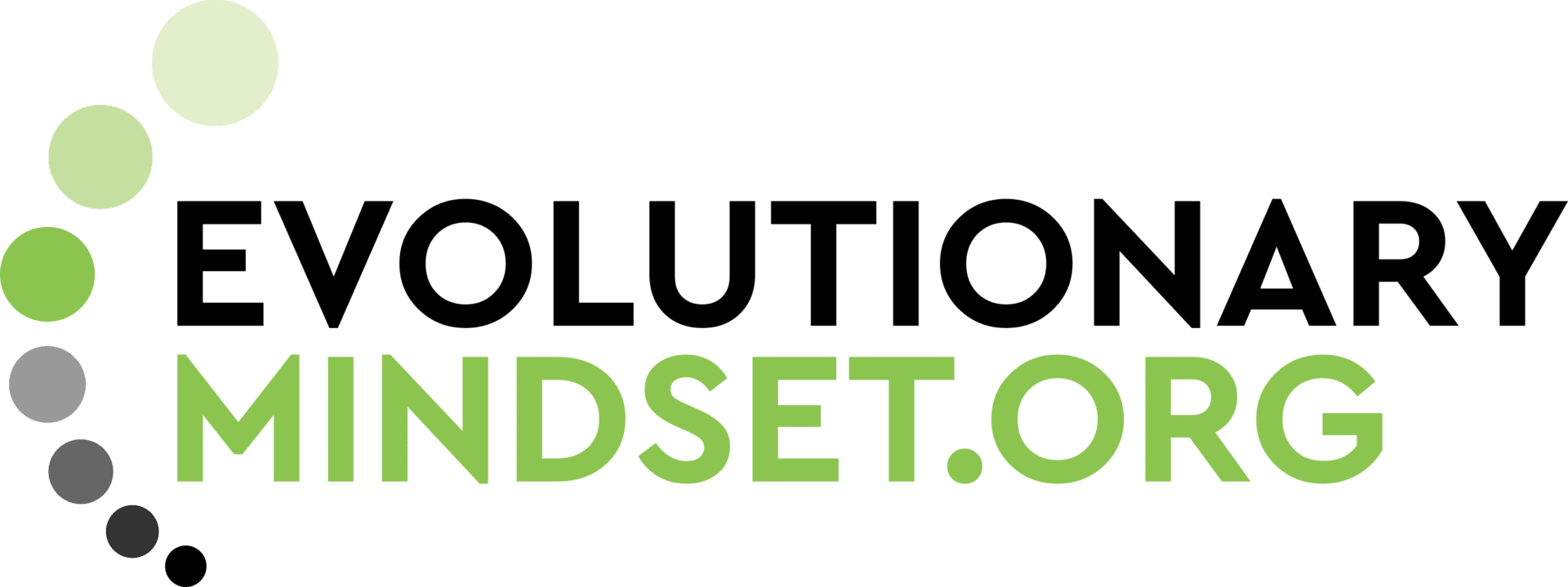
Customer-First Customer Experience
Elevating Business Success through Customer-First Experience: An Evolutionary Approach
A customer-first experience transcends mere transactions; it’s the practice of fostering long-lasting emotional connections that creates a foundation for mutually beneficial business relationships.
Rooted in the science of evolution, an evolutionary approach focusing on employees, customers, and partners “first” emphasizes building relationships that develop and sustain themselves based on trust, authenticity, and shared values.
Understanding the Unified Field: An Evolutionary Approach
The unified field, comprising shared vision, added value, and shared values, becomes the guiding force in establishing and nurturing evolutionary business relationships. This evolutionary approach ensures that all business interactions align with the customer’s unified field, resulting in complementation and sustained growth.
Customer-First Relationships: The Key Components
- Empathy: Trust and credibility stem from shared understanding. Anticipating customer needs requires a customer-first mindset rooted in empathy.
- Continuous Customer Feedback Loop: Insights multiply with frequent feedback from various sources. Ignoring feedback can backfire; consistent listening is crucial.
- Morality and Altruism: Ethical behavior guides right and wrong, fostering understanding between entities. Emphasizes selfless concern for others, strengthening relationships.
- The Authenticity Advantage: Authenticity builds trust; being genuine is paramount. “Fake it till you make it” doesn’t work in customer experience.
Business Culture and Customer Experience Connection
There is a direct correlation between a business’s culture and its overall business success. The more evolutionary a culture is, the more likely the entity will achieve sustainable growth, and embedding customer-centricity – a customer-first, evolutionary approach – into the organizational culture will ultimately enhance customer satisfaction, resulting in better business outcomes.
Business is all about relationships. The quality of relationships with employees, customers, partners and the community at large, will affect the success of the business.
Understanding the adaptive nature of both businesses and these relationships allows for informed decisions that influence the trajectory of (the quality of these) relationships. An evolutionary approach to building relationships is about putting others first.
Employee Experience: A Cornerstone for Customer Experience
An exceptional customer-first experience starts with evolutionary employees who embody an evolutionary mindset and continues with highly engaged employees. A customer-first strategy for employees includes providing a clear vision, leading by example, empowering individual leadership, and emphasizing empathy.
Here are the qualities of evolutionary employees:
- High ethical intelligence with a focus on the greater good
- High emotional intelligence emphasizing empathy
- High conceptual intelligence with an aptitude for creative problem-solving to add value
- Highly adaptable, open to change, new ideas, diversity, failing to learn and grow
Evaluating and managing employees with an evolutionary mindset is critical. It’s also good to measure engagement and job satisfaction and use the Net Promoter Score, which can inform initiatives to enhance employee experience.
Developing a Customer-First Strategy: Six Steps
If you look at the top-performing companies based on sustainable growth, you will see that they have a customer-first experience. The following six key elements will be identified as markers across these companies and their customer-first experience.
- Define Goals and Strategy: Establish clear goals aligned with business and customer measures.
- Build Target Personas and Unified Field: Develop touchpoint maps for the customer journey.
- Evaluate and Redesign Touchpoints: Continuous assessment of touchpoints ensures ongoing improvement.
- Create a Dialogue with Customers: Listening, understanding, and communicating form the basis of customer relationships.
- Ensure Employee Knowledge: Employees should be well-versed in the customer-first experience program.
- Measure, Report, and Reward: Track customer satisfaction, engagement, and successful experiences for informed decision-making.
Being intentional about developing a customer-first experience will ensure that leadership and employees are aligned and prioritizing these key elements for ongoing success.
Evolutionary Customer Experience: The Future
Customer experience is as vital as products and services. Evolutionary thinking, incorporating conceptual, emotional, adaptable, and moral intelligence, ensures personalized, long-term relationships. By combining technology and evolutionary science, future advancements will transform customer experiences into community relationships, considering the broader context and diverse influences.
Looking to learn more? Feel free to read the rest of my blog or check out my book EVOLVE FOR GROWTH available on Amazon: https://amzn.to/3QY2ONB
